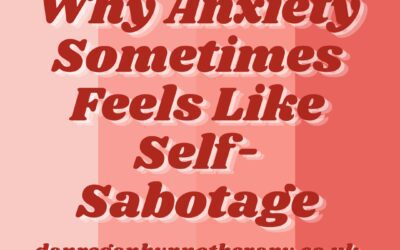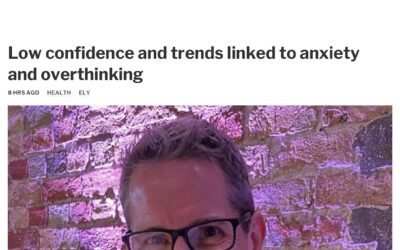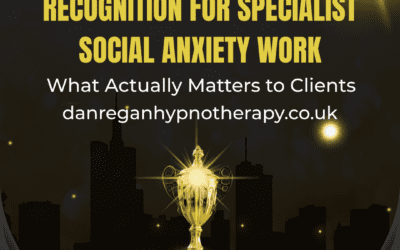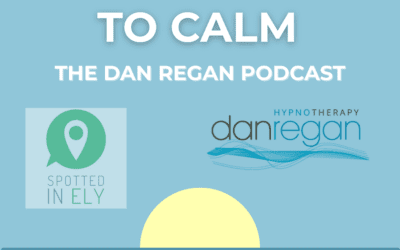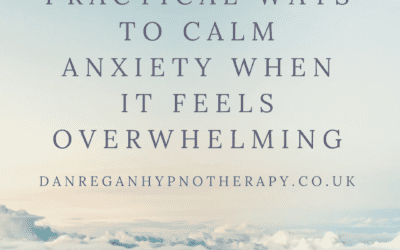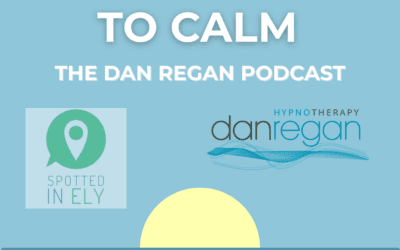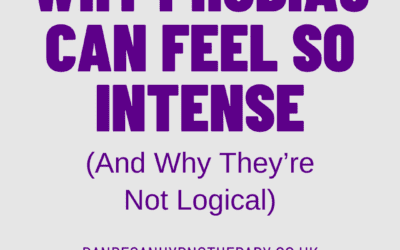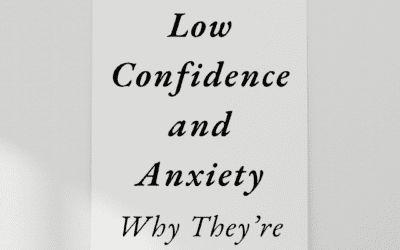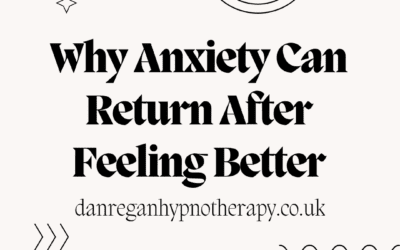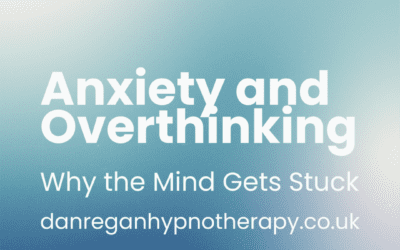Required
Why Anxiety Sometimes Feels Like Self-Sabotage
Why Anxiety Sometimes Feels Like Self-Sabotage (and what to do about it)
Does it sometimes feel like you are self-sabotaging your attempts to overcome anxiety?
Many people in Ely and Newmarket who come to me for help with anxiety notice something confusing: They want change and to feel better – they try to move forward and make progress – yet something inside them seems to push back and hold them back.
It can feel like self-sabotage: taking one step forward and two steps back.
You start questioning yourself. Why do you hold yourself back? Why can’t you follow through?
Even more frustratingly, you may know there is no logical reason for your anxiety. And at times you may feel fine. Yet the anxiety is always lurking and can resurface at any time.
This is all very common, and it doesn’t mean you lack willpower or commitment. In fact, it often reflects how your nervous system learned to respond to threat – it’s not some sort of flaw in your character or capability.
When I used to struggle with anxiety, this sense of stop-start and forwards-backwards was a common pattern. One day could be the great and the next I was a ball of anxiety. A situation may go well and I felt positive that this was the time when everything would improve. Yet, when the next similar situation arose, the same old anxious thoughts and feelings would resurface. You start to try and hide it, avoid possible triggers and work around your anxiety.
This article covers what is happening if your anxiety sometimes feels like self-sabotage, and what to do about it.

